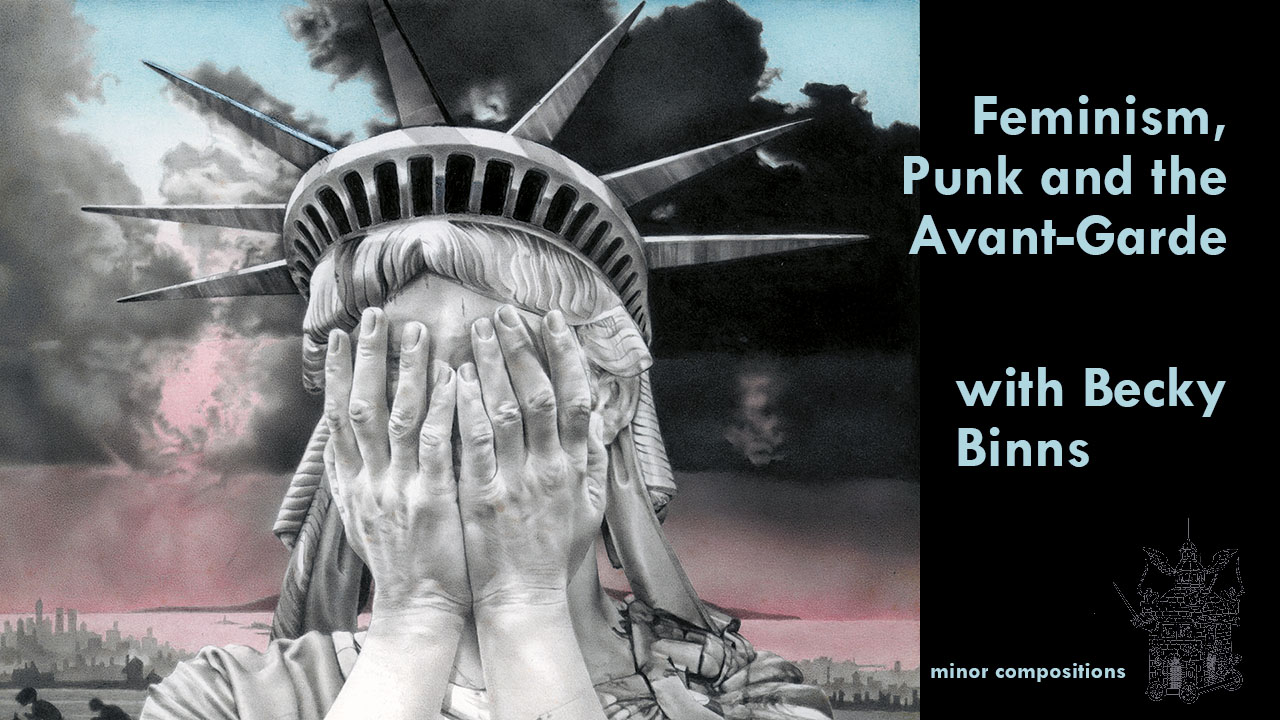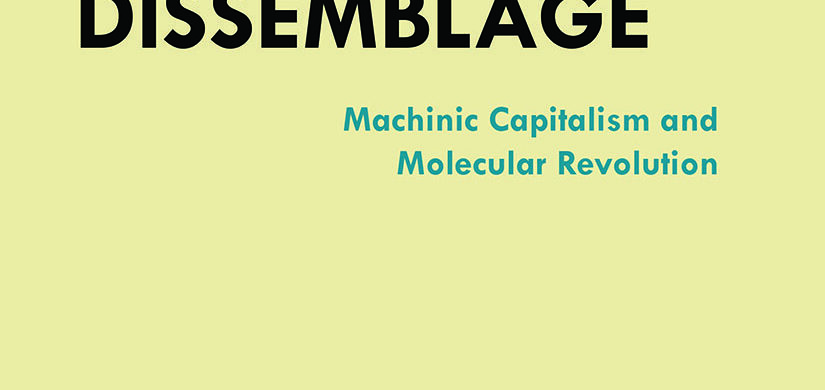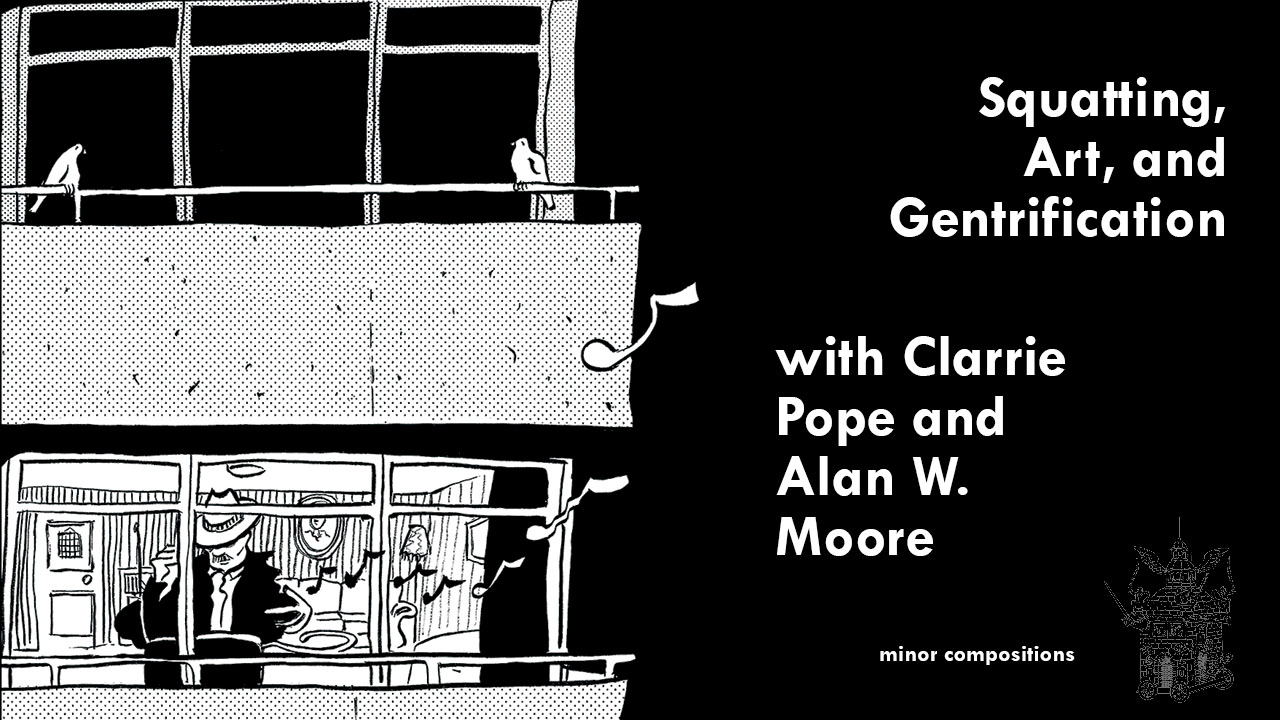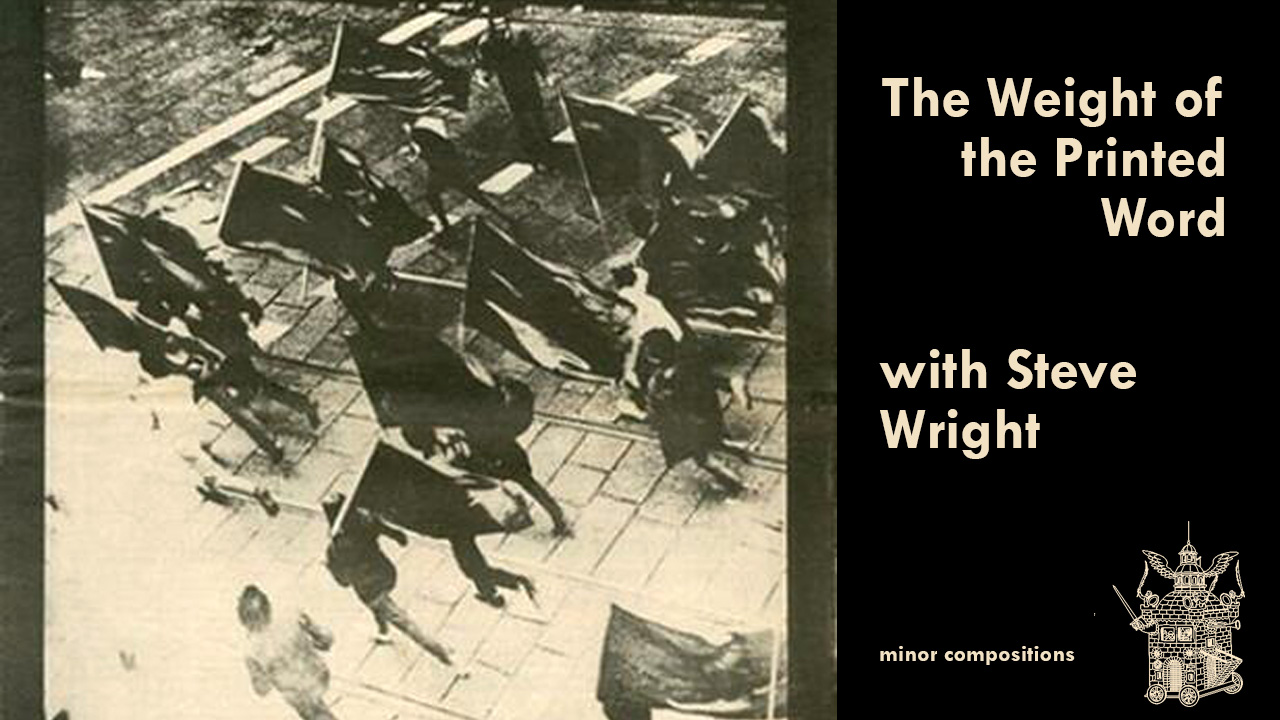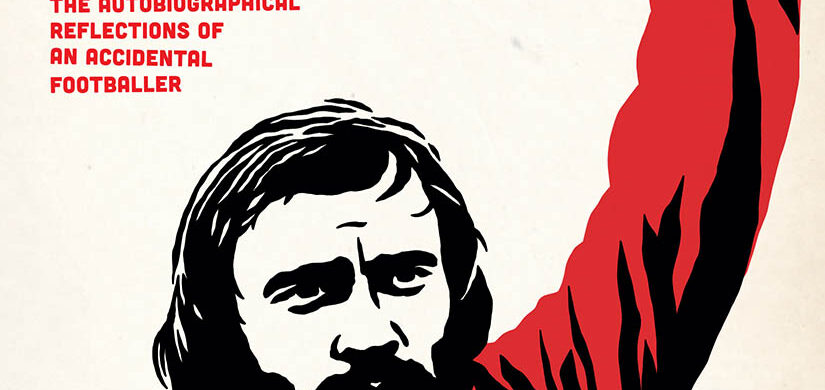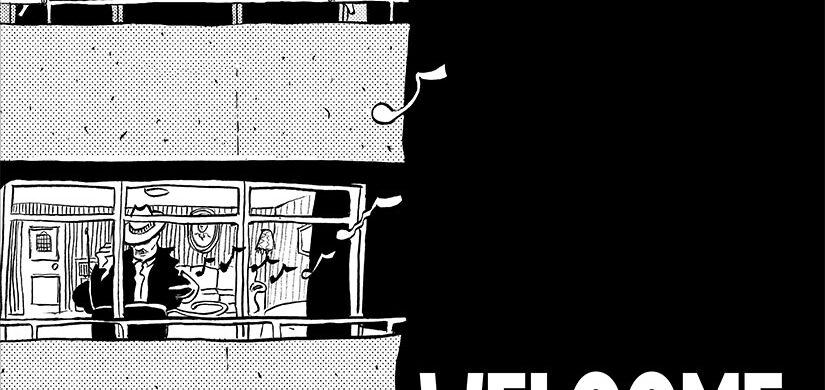Author: Minor Compositions
-

Feminism, Punk and the Avant-Garde
Minor Compositions Podcast Episode 7: Feminism, Punk and the Avant-Garde with Becky Binns For this episode we have a discussion with Becky Binns about her recently released book Gee Vaucher: Beyond punk, feminism and the avant-garde. We cover a a range off topics including Gee’s work in relationship with punk and artistic countercultures, as well…
-

Out of the Clear
Out of the Clear Erin Manning Out of the Clear begins with the question of the clearing: What operations are at work when land is cleared, or thought is cleared, of all that grows wild? Clearing, the settler-colonial act of defining a territory and producing a border, clears the world of the thickets of all…
-

Paths to Autonomy
Paths to Autonomy Editor: Noah Brehmer Assistant editor: Vaida Stepanovaitė Collection exploring the history and development of autonomous politics in Lithuania and Eastern Europe A path is created when a direction is taken, its production marks the imbrication of personal choice, communal action and subhuman (structural, historical, ecological) conditionings. We are at the same time…
-

Dissemblage
Dissemblage. Machinic Capitalism and Molecular Revolution Gerald Raunig Following Dividuum (2015), Gerald Raunig presents the second volume of “Machinic Capitalism and Molecular Revolution.” Dissemblage unfolds a wild abundance of material of unruliness, from the multilingual translation machines of Al-Andalus to the queer mysticism of the High Middle Ages, from the small voices of the falsetto…
-

Squatting, Art, and Gentrification
Minor Compositions Podcast Episode 5: Squatting, Art, and Gentrification with Clarrie Pope and Alan W. Moore For this episode we have a discussion with Clarrie Pope and Alan W Moore around squatting, art, and gentrification, as well as a range of related topics. The idea is to explore these topics, but coming from different angles,…
-

The Weight of the Printed Word
Minor Compositions Podcast Episode 4: The Weight of the Printed Word with Steve Wright In this episode we have a conversation with Steve Wright, about his book The Weight of the Printed Word: Text, Context and Militancy in Operaismo. In it we discuss the role of print production and document work in the history of…
-

Surrealism and the War on Work
Minor Compositions Podcast Episode 3: Surrealism and the War on Work with Abigail Susik In this episode we have a conversation with Abigail Susik, about her book Surrealist Sabotage and the War on Work. We cover a range of topics including the centrality of work refusal to the history of Surrealism, automatist practices and aesthetic…
-

Kicks, Spits, and Headers
Kicks, Spits, and Headers. The Autobiographical Reflections of an Accidental Footballer Paolo Sollier Preface by Sandro Mezzadra Translated by Steven Colatrella Kicks, Spits, and Headers documents two years of football by a self-proclaimed accidental footballer. Coming of age during the student and worker revolt of the 1960s-1970s, the Italian ‘hot autumn,’ Paolo Sollier brought these…
-

Football and Radical Politics
Minor Compositions Podcast Episode 2: Football and Radical Politics with Gabriel Kuhn For this episode, as a preview for the publication of Paolo Sollier’s book Kicks, Spits, and Headers. The Autobiographical Reflections of an Accidental Footballer we have a conversation with Gabriel Kuhn about the relationship between radical politics and sports, particularly focusing on his…
-

Welcome Home
Welcome Home Clarrie & Blanche Pope Graphic novel about squatting, unrequited love and lost struggles, written with humor and driven by hope A group of squatters occupy an empty flat in a condemned tower in London, aiming to unite their neighbors to resist the demolition. Weaving together confused memories, Welcome Home moves between the squat…
